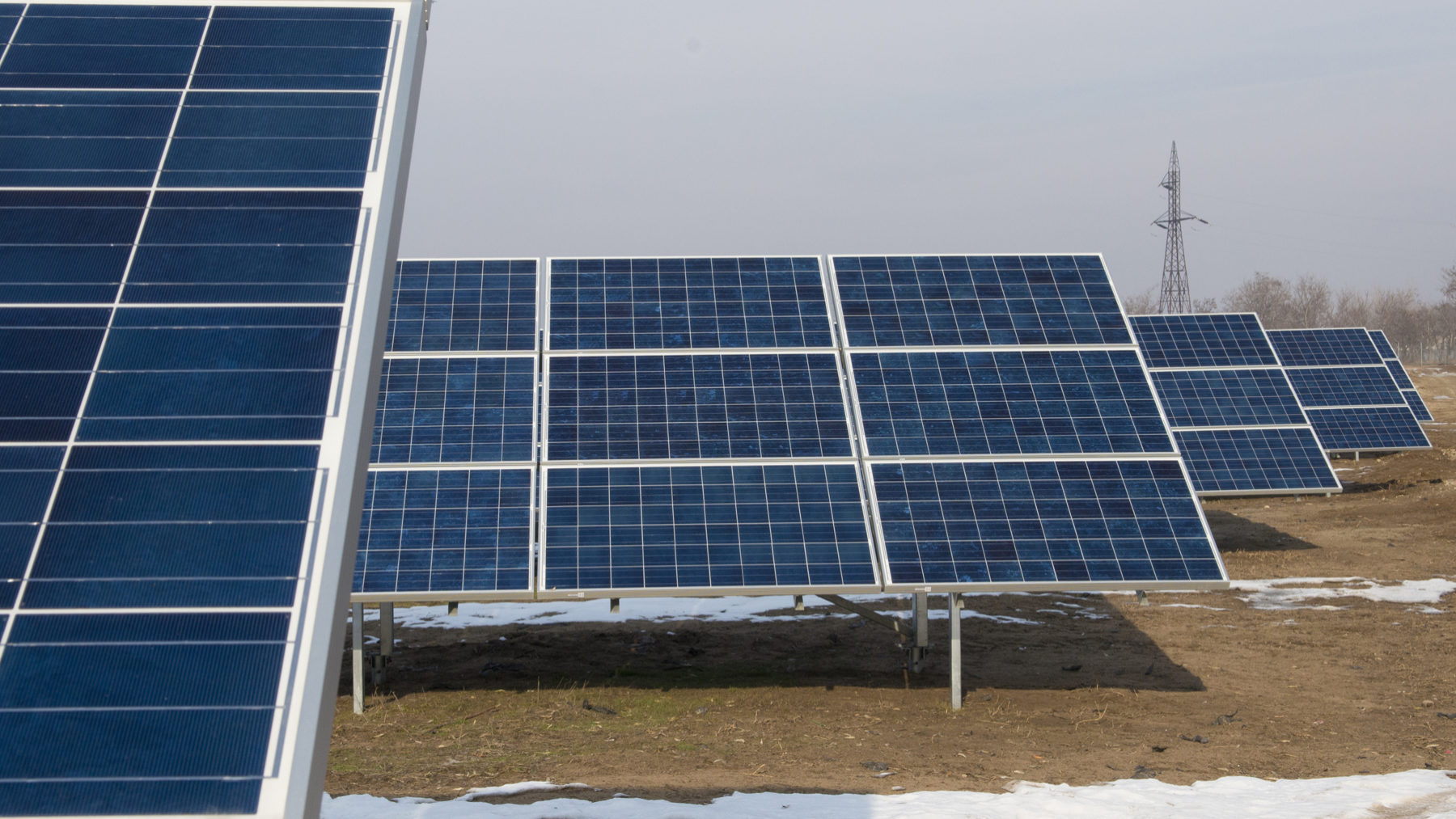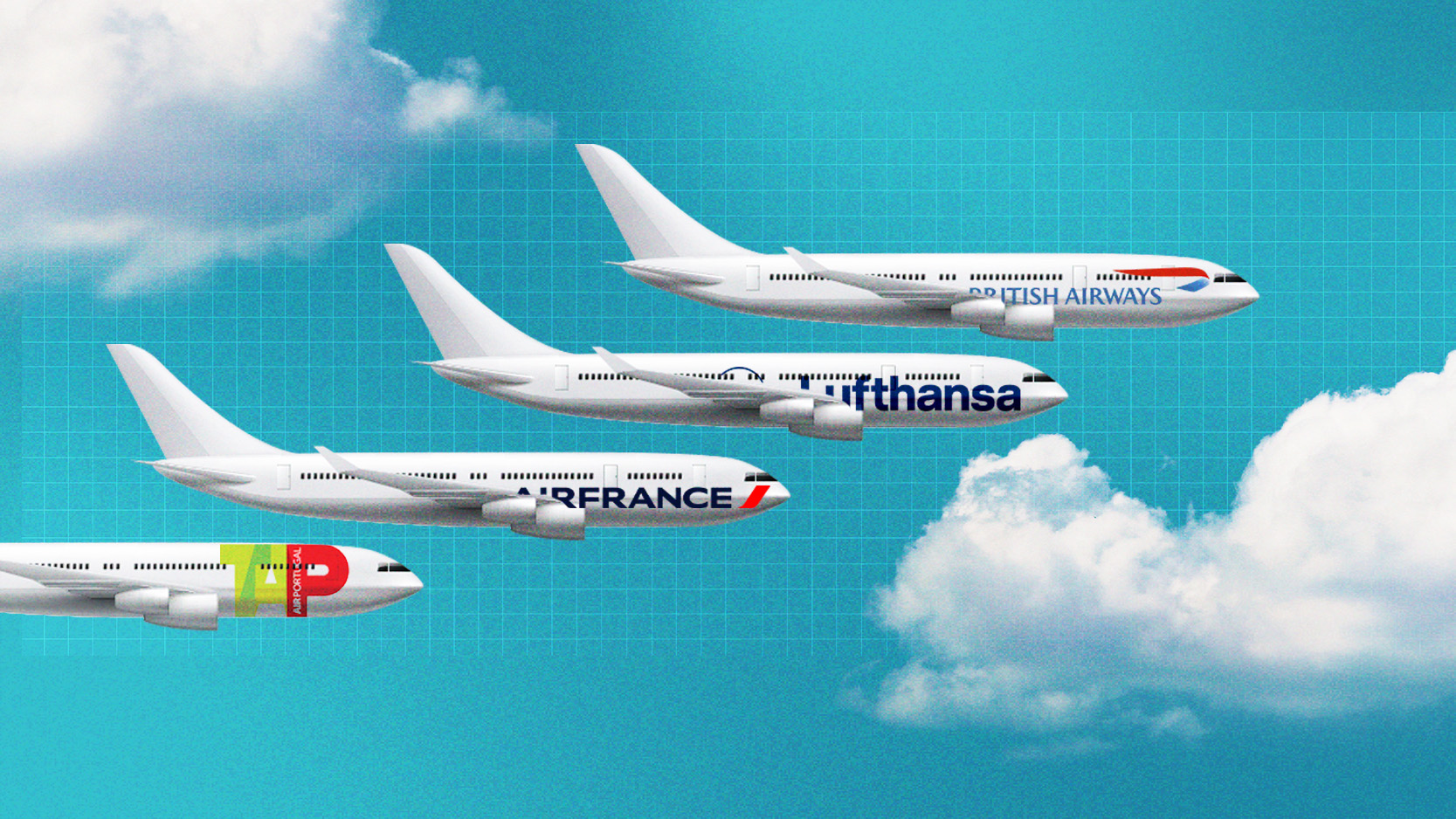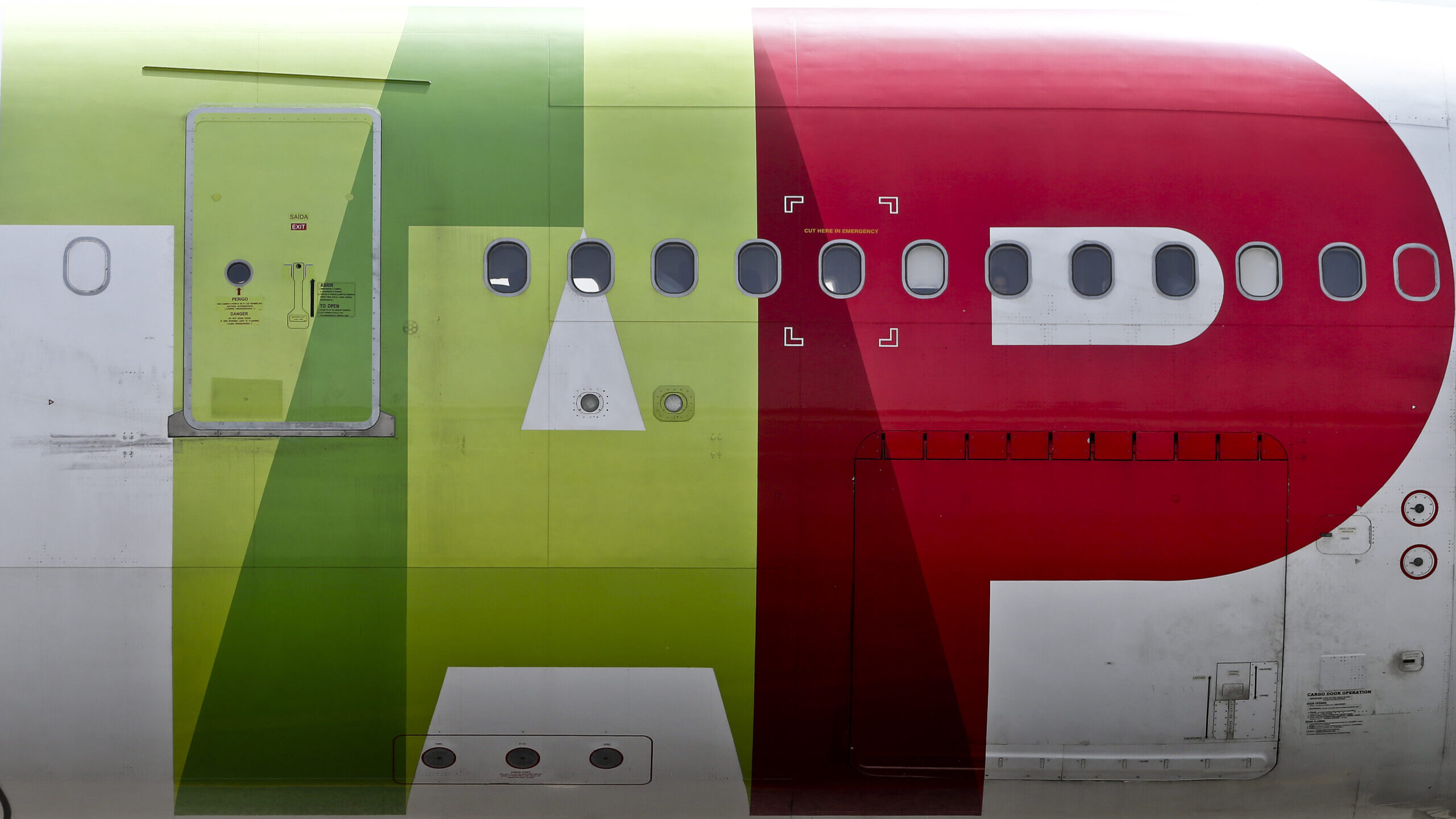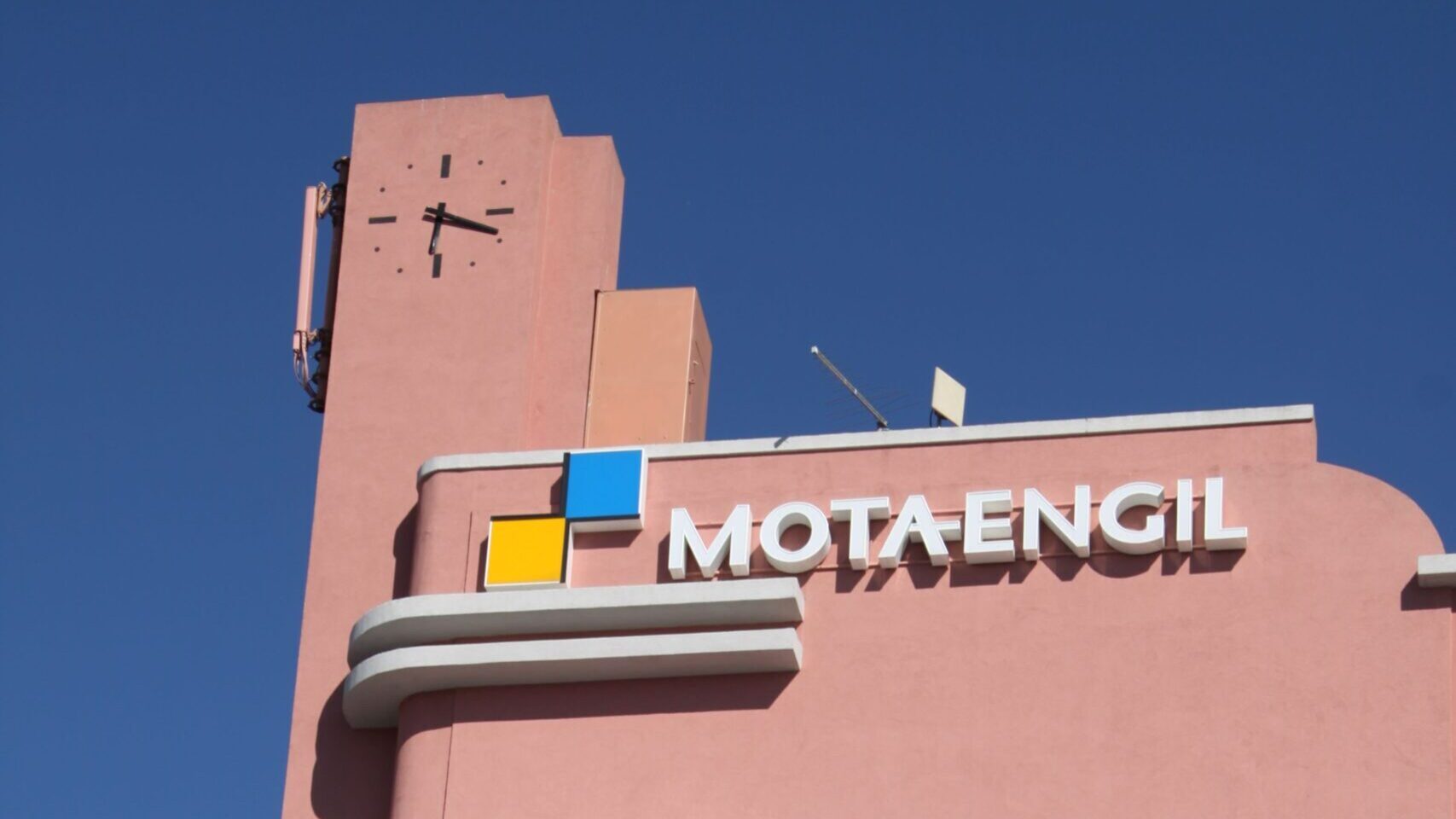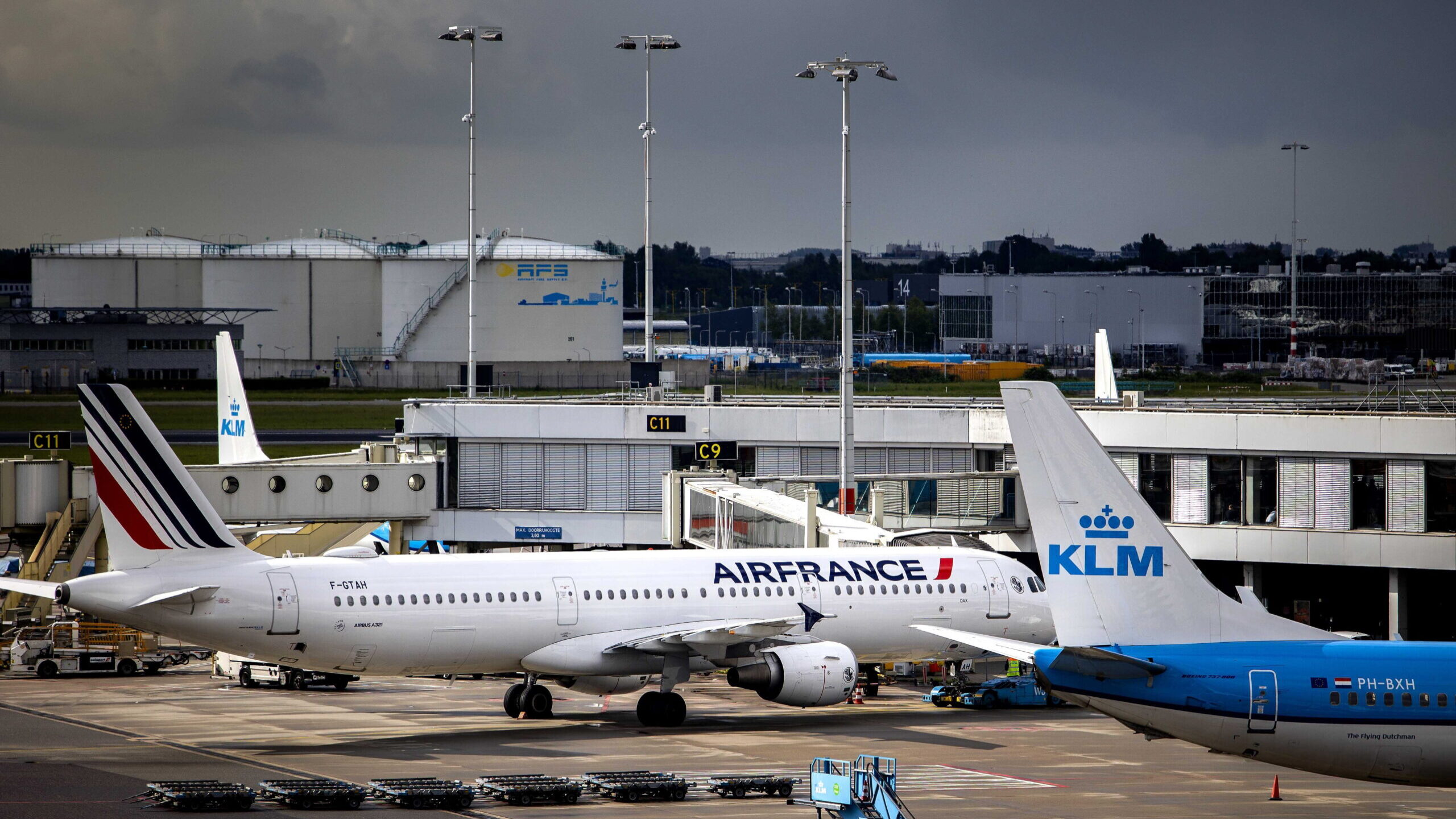Bernstein sees Iberia owner as the “most likely” winner of TAP privatisation
US-based Bernstein Research believes that the IAG group is best positioned to win the reprivatisation of TAP and praises the Portuguese airline.
Bernstein Research, which calls itself the world leader in financial analysis of listed companies, considers the IAG Group to be the favourite in the race for the reprivatisation of TAP. The reference price of €700 million for 44.9% of the Portuguese company, which has been reported in the press but has not been confirmed by the government, is seen as demanding.
In an extensive analysis published this week, to which ECO had access, Bernstein analyses what it calls the “next big deal in European aviation”, at a time when the period for submitting expressions of interest to Parpública (Saturday) is about to end — a step already taken by the Air France-KLM and Lufthansa groups, which are expected to be followed by IAG, owner of British Airways, Iberia and Aer Lingus.
For analysts at the investment house that brings together the American Alliance Berstein and the French Société Générale, IAG is indeed “the most likely buyer” after giving up on the acquisition of Air Europa. They justify this with three reasons:
- Capacity. Both Lufthansa and Air France-KLM are focused on integrating network airlines. IAG currently has no ongoing business and can therefore concentrate its efforts on TAP.
- Market presence. IAG has the least exposure to Brazil among the three major European network groups, which makes competition issues easier to overcome (the ‘Iberian Peninsula market’ is a false problem).
- Politics. IAG has the strongest argument for ensuring the preservation of the TAP brand and the Lisbon hub — something that will be important to the government. The strategy used with Aer Lingus worked very well at the time; it makes sense to apply it again.
The government has put only 49.9% of TAP up for sale, of which 5% is for employees. Berstein points out that, in the past, the IAG Group indicated that a majority stake by the State was a “red line” that it would not cross, but reveals that, in a recent conversation with the financial administrator, Nicholas Cadbury, he stated “that a credible path to a 12% margin would be sufficient, even without a controlling position”.
This is a scenario that analysts consider possible, given that the Portuguese airline’s operating margin was around 9% in 2023 and 2024. In the first nine months of this year, the recurring margin was 6.9%.
“By leveraging synergies with Iberia in the Latin American market, and also with American Airlines in the North Atlantic, revenue per seat kilometre (RASK) could see a significant increase. Participation in the North Atlantic joint venture would further strengthen TAP’s results. These benefits would be complemented by cost synergies and IAG’s proven experience in reducing expenses”, the analysts write.
Bernstein also does not foresee any significant regulatory obstacles from the European Commission in the acquisition by either group, even by IAG. “From a route concentration perspective, IAG has the smallest market share for Brazil, which reduces regulatory concerns”, says the report published on the 18th.
It also downplays fears about the proximity between TAP’s hub in Lisbon and Iberia’s hub in Madrid: “As for possible political fears that TAP will disappear in Iberia’s shadow, such a scenario seems unlikely. Aer Lingus and its Dublin hub have grown significantly under the same British Airways group, maintaining their strong positioning and Irish identity.”
Regarding Lufthansa, Bernstein notes that the South Atlantic “is the obvious region for ITA’s strategic focus” and anticipates “internal disputes over which company should receive the investment”, which could “create tension in the integration of the two new airlines”.
Air France-KLM, on the other hand, could benefit from adding a hub in southern Europe to its hubs in northern Europe, in Paris, Amsterdam and Copenhagen (through its stake in SAS). “However, its weaker financial position and current involvement with SAS make it less likely to move forward with new acquisitions”, Bernstein says.
TAP’s arguments and a high premium price
Bernstein paints a glowing picture of TAP, noting that the company “does not need a major restructuring, unlike ITA (by Lufthansa) and SAS (by Air France-KLM)”.
Analysts highlight the “respectable” operating margin of 9% in 2023 and 2024, among the highest in the sector in Europe, the recovery achieved and the “modern fleet” in which more than 70% of the aircraft are new generation Airbus (NEO). They also point to progress in reducing net debt, which fell from 5.2 times EBITDA (earnings before interest, taxes, depreciation and amortisation) in 2022 to 2.7 times in 2024, anticipating continued deleveraging in the coming years.
They also say that TAP has “an intelligent network design”, with a 22% share of air transport between Europe and Brazil, the second largest after LATAM (25%). “With deeper integration into a larger group — potentially increasing its margin — TAP could leverage synergies to capture growth opportunities” in South America, a region where traffic is expected to grow more robustly than in North America.
Despite the sharp increase in personnel costs, the report praises the “significant cost efficiency thanks to a modern fleet and the lower cost of living in Portugal”. “However, there is still room for further improvement through the synergies available in a larger group: IT and procurement harmonisation, technical fleet management and maintenance, or financing options”, it points out.
Less positive is the fact that, as a member of Star Alliance without access to a joint venture for North Atlantic traffic, it has lower load factors than its peers in that market.
Bernstein also analyses the minimum price of €700 million for 44.9% of TAP reported in the press but not confirmed by the government. This figure would value 100% of the company at €1.5 billion or €3.8 billion including debt (enterprise value).
A price that implies a valuation 25% to 30% above IAG, Lufthansa and Air France KLM, “suggesting a premium that will have to be justified by expected synergies and strategic benefits”.
